Comparing Seagate Exos X, Dell PowerVault ME5, and HPE MSA: Which SAN Storage Reigns Supreme?

Choosing the Right SAN Solution: A Comparative Analysis of Seagate Exos X, Dell PowerVault ME5, and HPE MSA
Selecting the ideal storage area network (SAN) solution can be daunting, especially when there are multiple options on the market. To make your decision easier, we’ve prepared an in-depth comparison of three popular solutions: Seagate Exos X, Dell PowerVault ME5, and HPE MSA.
Technical Specifications Comparison Table
| Features | Seagate Exos X | Dell PowerVault ME5 | HPE MSA |
|---|---|---|---|
| Cost per Terabyte (USD) | USD$30 | USD$40 | USD$45 |
| Raw Capacity & Density | Up to 1.68 PB in 5U84 | Up to 1.68 PB in 5U84 | Only 2U12/24, No 5U84 |
| Read IOPS | 725K | 640K | 325K |
| Read/Write Throughput (GB/s) | 12/10 | 12/10 | 12/7.5 |
| Fast Rebuild | ADAPT | ADAPT | DP+ |
| Auto-Tiering | ✔️ | ✔️ | ✔️ |
| Drives | ADR & Newest Drives | No ADR and No Newest HDD | No ADR and No Newest HDD |
| Host Connection | 10/25G iSCSI, 16G/32G FC | 10/25G iSCSI, 16G/32G FC | 10G iSCSI, 16G FC |
| Replication | ✔️ | ✔️ | ✔️ |
| Snapshots | ✔️ | ✔️ | ✔️ |
| Encryption | ✔️ | ✔️ | ✔️ |
In-depth Comparative Analysis
Cost-Effectiveness
Seagate Exos X emerges as the most cost-effective option with a rate of $30 per terabyte, making it a wallet-friendly choice without sacrificing quality or performance.
Capacity and Scalability
When it comes to raw capacity and density, both Seagate Exos X and Dell PowerVault ME5 offer a robust 1.68 PB in a single 5U84 enclosure. However, Seagate provides the flexibility to add additional PBs of storage, giving it the edge.
Performance Metrics
Seagate Exos X is the clear winner in the performance arena with a superior Read IOPS of 725K and equally competent throughput metrics.
Advanced Features
While all three systems offer fast rebuild and auto-tiering features, Seagate goes a step further with its vertically integrated systems, offering ADR features and first access to the newest drives.
Connectivity
All three brands provide strong connectivity options, but Seagate offers the most versatile range of host connection options, further emphasizing its lead.
Extra Features
-
Seagate Exos X: This storage system excels in enterprise-grade features including self-healing technology and advanced software features like thin provisioning, SSD caching, and Seagate’s new ASIC-based VelosCT™ controller architecture.
-
Dell PowerVault ME5: Known for its all-inclusive software innovation and easy-to-navigate HTML5 GUI, it offers a good balance of performance and ease of management.
-
HPE MSA: Aimed at small to medium-sized businesses, it offers straightforward management and cost-effective storage solutions but falls behind in terms of performance and scalability.
Conclusion
From the technical specs and additional features, Seagate Exos X proves to be a more versatile and performance-oriented choice. It has a better RAID solution, lower total cost of ownership, and up to 2X higher performance for various workloads. In summary, Seagate Exos X offers a comprehensive and future-proof storage solution for your business needs.
By choosing Seagate, you can easily scale up capacity to grow with your business, and enjoy increased protection against data loss with faster drive rebuilds.
If you're in the market for a SAN solution that offers a blend of performance, scalability, and cost-efficiency, Seagate Exos X is certainly worth considering.
No comments

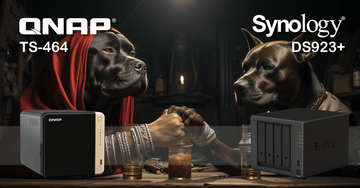
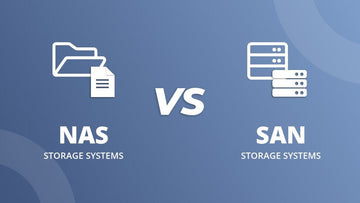
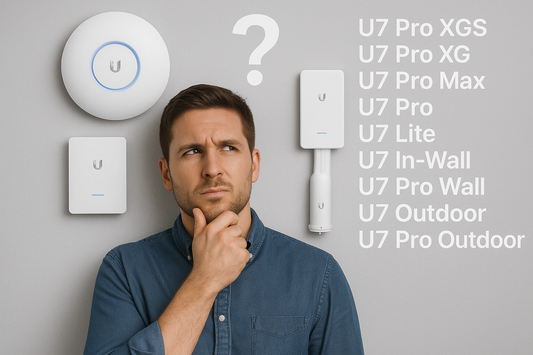
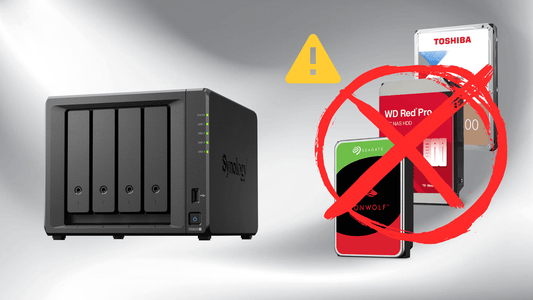
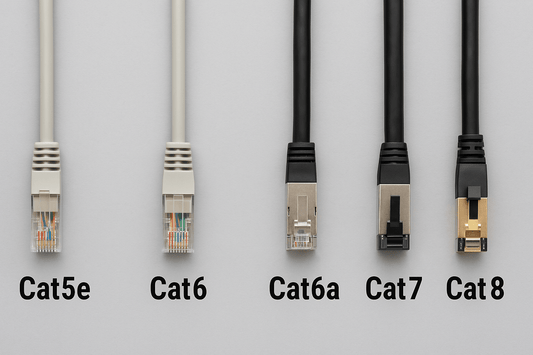

0 comments